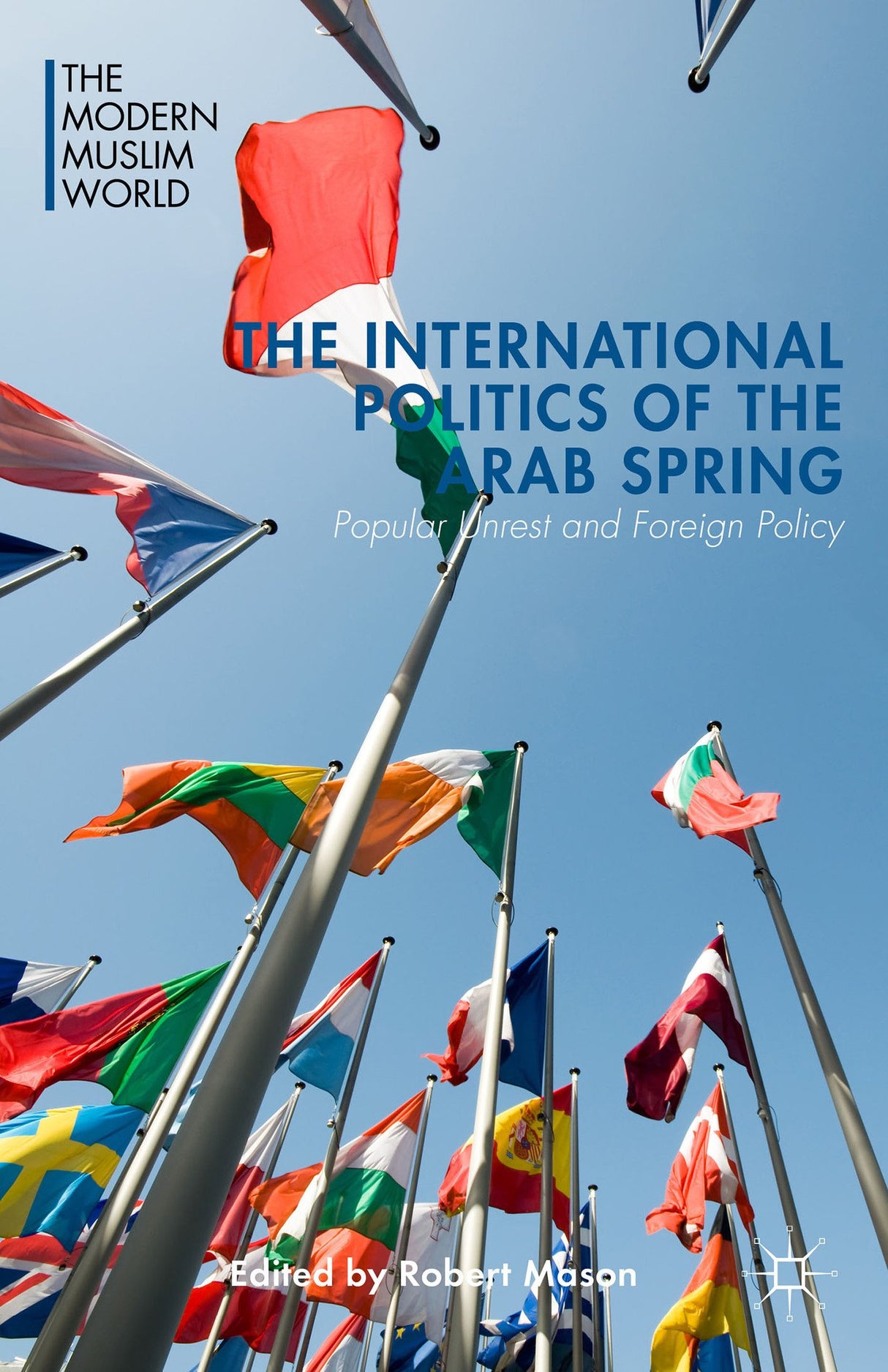The International Politics of the Arab Spring: Popular Unrest and Foreign Policy (The Modern Muslim World)
The International Politics of the Arab Spring: Popular Unrest and Foreign Policy (The Modern Muslim World) is backordered and will ship as soon as it is back in stock.
Couldn't load pickup availability
Genuine Products Guarantee
Genuine Products Guarantee
We guarantee 100% genuine products, and if proven otherwise, we will compensate you with 10 times the product's cost.
Delivery and Shipping
Delivery and Shipping
Products are generally ready for dispatch within 1 day and typically reach you in 3 to 5 days.
Book Details
-
Author: R. Mason
-
Brand: MACMILLAN
-
Edition: 2014 ed.
-
Binding: Hardcover
-
Number of Pages: 215
-
Release Date: 04-12-2014
-
ISBN: 9781137481719
-
Languages: English
About the Book
In The Arab Spring and the West: The Political and Economic Consequences of the Arab Spring, R. Mason provides a comprehensive analysis of how the Arab Spring has reshaped political and economic relations between the West, the BRIC countries (Brazil, Russia, India, China, South Africa), and the MENA (Middle Eastern and North African) states. This book places the events and aftermath of the Arab Spring within a broader context of democratization, energy politics, security dynamics, and the evolving shift toward a multi-polar global system.
Mason's insightful exploration tracks the transformation from ideological engagement to more pragmatic interests, focusing on energy, economics, and security concerns that now dominate foreign policy between these regions. The book delves deeply into the UN Security Council's authorization of "all necessary measures" against Libya's Qaddafi, highlighting the subsequent deadlock over further resolutions for intervention in Syria, and the intricate negotiations between global powers such as China and Russia.
Each chapter presents an in-depth history of diplomatic engagements and tensions, providing a critical look at how the Arab Spring has influenced not only regional relationships but also the broader international landscape. The volume provides valuable insights into the evolving role of global powers, offering readers a nuanced understanding of the ongoing changes in the geopolitical arena following one of the most significant uprisings in recent history.
A must-read for scholars and policymakers, this book offers essential perspectives on the shifting alliances and foreign policy dynamics shaped by the Arab Spring.





